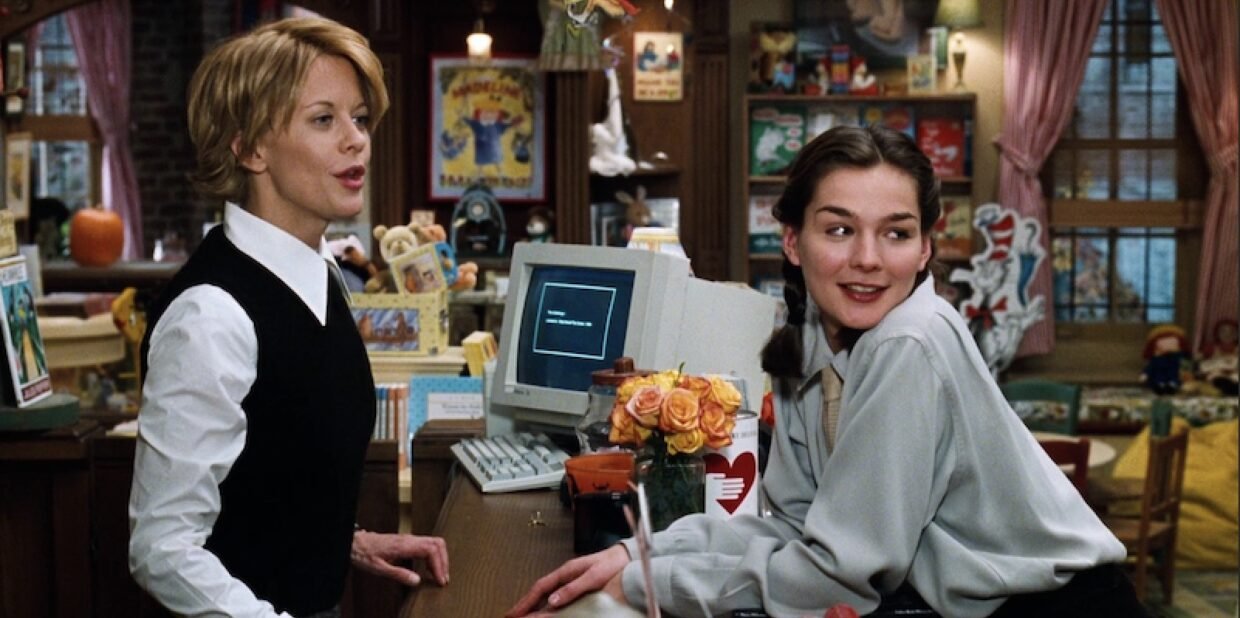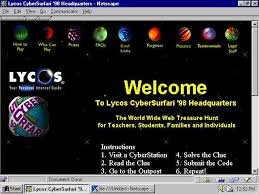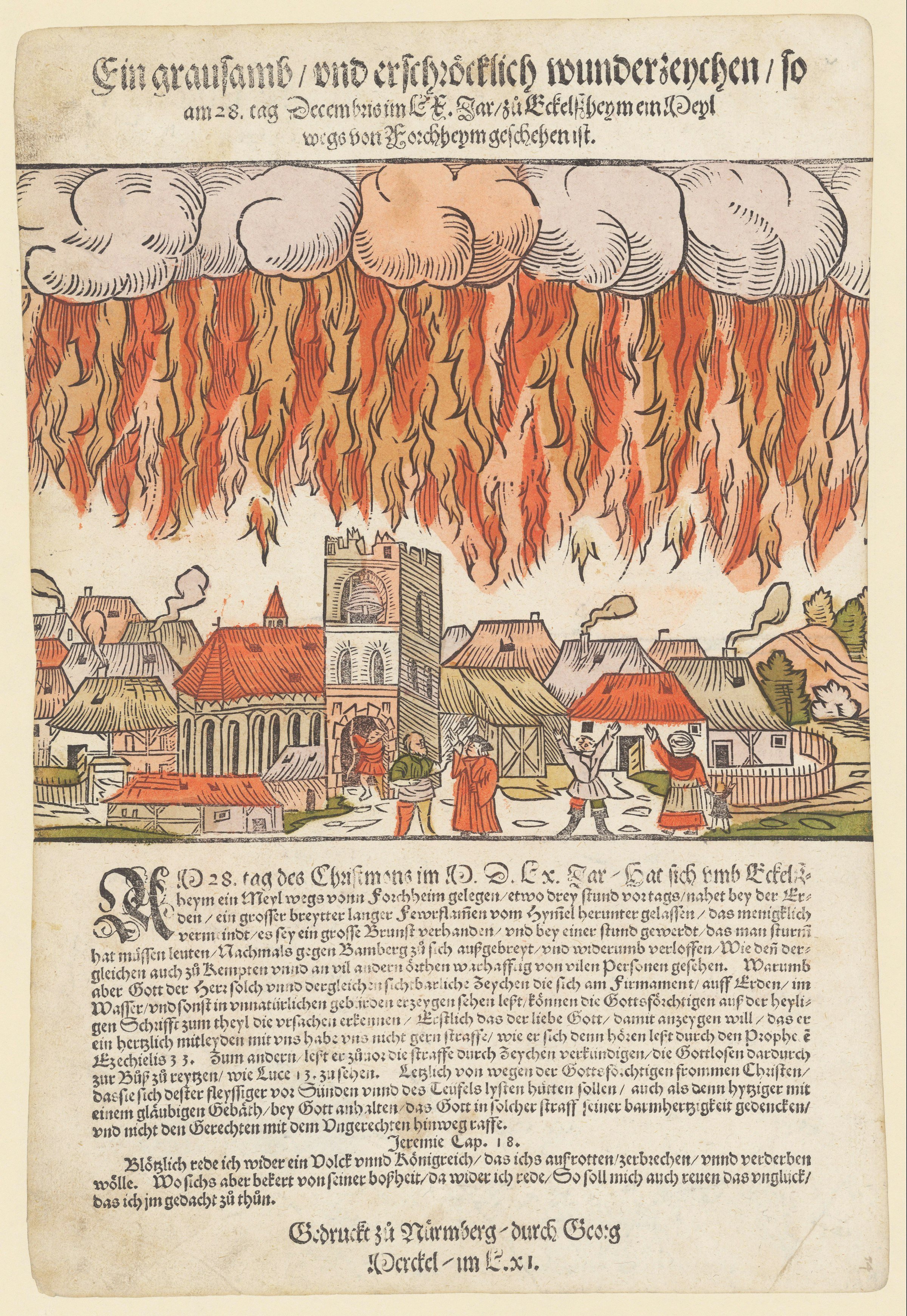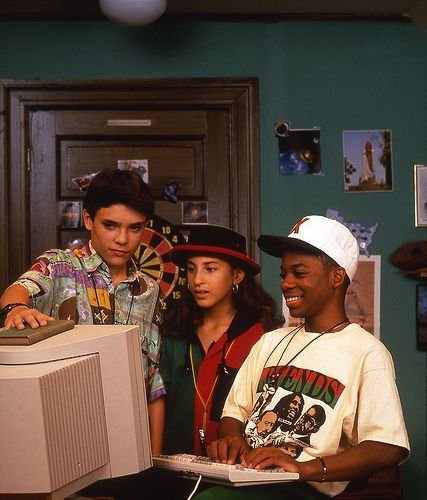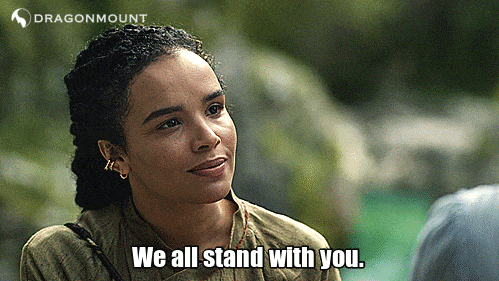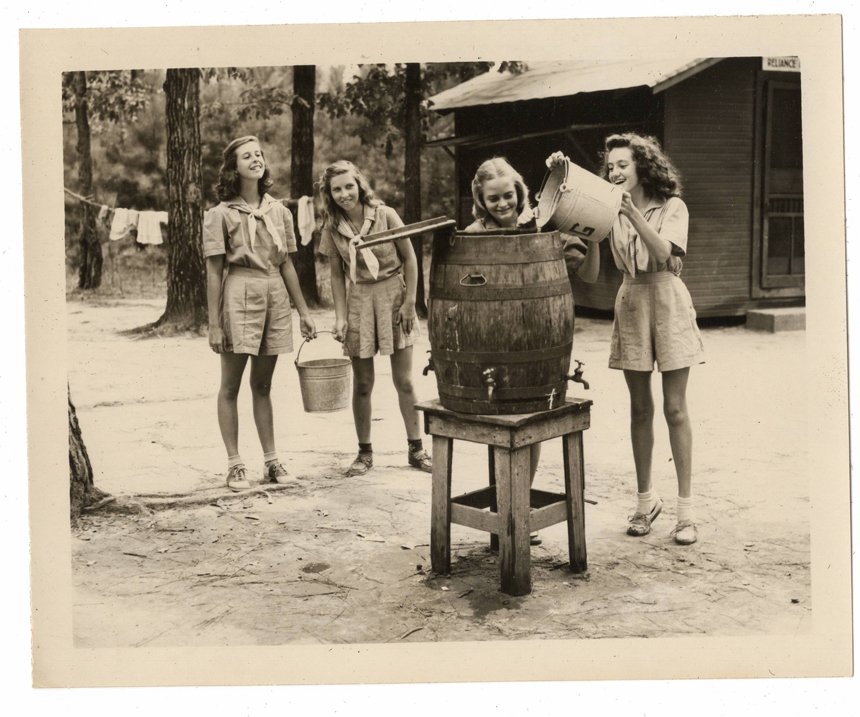(Or) The Internet Before It Became a Capitalist Hellscape
The year is 1999.
Every morning I sit down at a computer that looks roughly like this:
You’ve Got Mail, 1998.
And I engage with an Internet that is much different than our own. Rather than being served up content from various data mining corporate entities I am very intentional with how I spend my time.
I doodle while listening to this insufferable sound as I waited for the Internet to load.
Log into Wotmania and check the message boards. (Every single day.)
Check my email - hosted through the local phone company. There were so few messages each one was actually exciting.
Visit other websites by “surfing the web” either from website to website through hyperlinks or typing very specific and intentional search terms into search engines. When I found something I loved I would bookmark it to come back to.
Join a virtual scavenger hunt called Cyber Surfari where search engine Lycos partnered with various collaborators to hide clues across websites for participants to find. It was sponsored by Discovery Channel, Hewlet Packard, and National Education Association. The time I spent participating in Cyber Surfari had an outsized impact on my ability to find what I’m looking for online.
4. When I did find what I wanted I often printed it out. One printout I still have in the attic is Lewis Carrol’s Eight or Nine Wise Words About Letter Writing. I also printed quotes and images (rarely because ink was expensive) for my actual cork board.
6. Log into NaNoWriMo message boards every day of October and November.
6. Save drafts of my novel on 3 1/2 floppy disks.*
The smallest of these 3 and the only floppy disk which wasn’t actually floppy. We used the larger kind when I was a kid. Source.
The Internet wasn’t “better” but it was more intentional.
Furthermore, what we’ve gained in image resolution and loading times we’ve lost in connection. Those early days of the Internet it felt like a playground of possibility. Websites weren’t easy to monetize yet.
Everything on the Internet was a labor of love.
Writing, images, even software was given freely.
No one was using click bait because the structures that favored clicks weren’t yet created. Websites were shared and linked to because users found them interesting or funny.
Over the last 6 months I’ve done a deep dive into the “early” Internet.
I took over 10,000 words of notes from various articles and books (which you can trawl here). I have more than enough to write a scholarly article. But now that I’m here I don’t really care to use them.
It’s not about pointing with forensic clarity at the moment the Internet “changed.”
(But I am wondering… when did we stop capitalizing it?)
There was no single moment of corruption. Over time capitalism did capitalism. Spaces became monetizable and websites with a lot of traffic began to monetize.
There are definitely benefits. Artists & makers & authors can find new audiences and patrons can support creators to keep doing what they love.
But there’s also * waves hands * the rest of the garbage that came with monetization. The algorithms, the data collection, the noise, the click bait, the paywalls, the walled gardens, the misinformation, and the rise of reactionary content.
Most of the time the Internet feels like this:
Broadsheet of Fire in Sky from 1560. Source.
But it didn’t always.
The early Internet was a gift economy.
Because there wasn’t a robust system of monetization the incentive you had to create online was to contribute to a growing gift economy.
There was a culture of creating to share with others - from flashing GIFs, to “seamless” tiled backgrounds, to fan message boards. Artists and coders made free wallpapers and screensavers and even free software called “freeware.” I was part of a “sig tag” group where members used fonts and clip art to make signatures you could attach to “sign” your email. We’d type in each member’s name (around 15-20) and email the image files for the group.
You gave your time and energy and others were generous in return. It wasn’t barter or trade. No one was keeping a tally of how much each person contributed. But there was an overwhelming spirit of generosity and reciprocity.
Over the last year I’ve reconnected to the Wheel of Time fandom.
Coming from the “creative entrepreneur” corner of the Internet it has been a complete culture shock (of the best kind.) And it reminds me of my early days online. It’s no coincidence that this fandom has been around since the early days of the Internet on forums like Theoryland and Dragonmount.
14 Blue Wheel of Time Books (image credit: Juniper Books)
The Wheel of Time fandom still functions in a gift economy.
For most of us it is not a job. It’s our passion. Among this fandom I have seen a depth of generosity that seems unfathomable.
A gift economy functions because when you feel the warmth of generosity you want to contribute. When you walk into a new space and are welcomed you turn and welcome the next person. When you see someone create a cool fanwork you want to join in.
I wrote a bit about this last August.
One year later, I’ve found clarity.
I cannot continue to pivot between these paradigms anymore.
It’s dizzying.
I want to engage in the Internet as a gift economy.
I have no interest in selling art, content, memberships, or courses. Every time I have charged for this kind of content it has felt like I am pulled off course. I’ll continue writing and selling books, but I have no intention to leave my day job and become a “full time” writer. That allows me to make what I want without focusing on creating content that “converts to sales.”
I don’t begrudge anyone who chooses a different path.
If you’re a full time artist be a full time artist. I love that for you. I support lots of creatives online and will continue to do so.
But if the capitalist framework isn’t sitting well for you there is another way.
Your art isn’t any less valuable if you gift it.
Is a handsewn quilt less valuable than a bedspread from Pottery Barn?
Of course not.
We need to stop letting the dominant culture brainwash us into undervaluing the gift exchange.
What if we treated the Internet as a communally tended garden?
Or a fermenting compost heap?
But how would that work?
To be fair, this is early 90’s, but I had to shoutout my show Ghostwriter.
Let’s Internet like it’s 1999
Create from your passion. Forget everything you’ve been told about offering value, funneling customers, and capturing eyeballs. Be authentically you and I guarantee that will resonate with someone.
Give freely. I’m not going to begrudge you a shop or a paywall, but if you want to Internet like it’s 1999 most of what you offer is going to be for free. When you give freely people will want to support you when they have the opportunity to do so. A lot of the people harping on about funnels actually built their careers over decades of working for free. But they can’t sell you a $$$ marketing course for that.
Spend your time and energy engaging with, appreciating, and sharing work that other people make. You are not the main character of this story. It is about us all.
Time to walk the walk
I’m in the process of removing the paywall here on Substack.
This month I’ve unlocked another session of Camp Kindle. (Last month I unlocked the Wonder session.) I created both of these for adults, but I’ve heard families really love doing the activities together.
Vintage Photograph of Girl Scouts filling water bucket at camp. To my memory this was scanned from my personal collection and is archived here.
If you’d like to support my work you caN:
Leave a comment!
Share my work.
Pledge $3+ on Patreon or Substack.
Let’s Discuss
To everyone: How can we create spaces of reciprocity and connection in an online world that wants us to see each other as a “target audience”? How do we reframe the value of our work outside of capitalism?
To creative business owners: How can we make our businesses less extractive? How might we contribute to a gift economy alongside work that we do charge for?
Cheers,
P.S. If you missed last month I’ve decided to remove the paywall and send snail mail to my paying supporters instead. You can read that here.
** Personally I experienced the crush of change online between 2013 and 2016 (which incidentally is the time we stopped capitalizing the Internet… maybe there is something there.)
*** To bring more intentionality into my own Internet experience I’m spending more time on RSS and less time on apps, using Ecosia instead of Google (the AI snippets are killing me), and burrowing into my cozy Discord groups.

